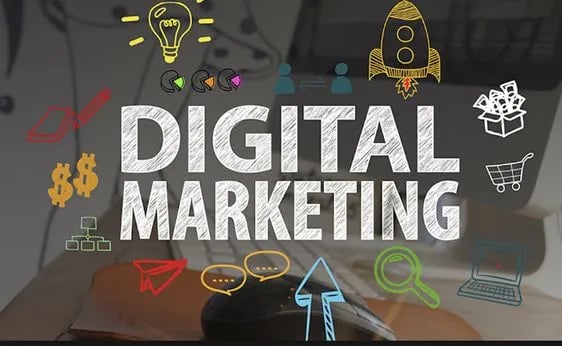How Digital Marketing Drives Global Expansion: Insights from a Decade in International Marketing
Learn how digital marketing fuels global expansion with strategies for online customer acquisition, content distribution, and measurable ROI.
Ryan
8/27/20252 min read


Over the past ten years, I have been working in international marketing and witnessed a major shift: global expansion has evolved from being an optional strategy to a business necessity. Yet, one challenge remains—there is no universal understanding of digital marketing, which often causes miscommunication and inefficient strategies. In this post, I want to share my insights and practical experiences in digital marketing for global business growth.
The Evolution of Digital Marketing
Since the birth of the World Wide Web, digital marketing has been evolving rapidly. Today, it covers multiple channels including email marketing, corporate websites, social media, mobile apps, online advertising, PR, and search engine marketing. These tools enable brands to engage with their audiences digitally, breaking the barriers of time and geography, and offering one of the most effective ways to connect with international customers.
Why Digital Marketing Matters in Global Expansion
For businesses expanding internationally, time zones and distance present real challenges. Digital marketing provides a cost-effective solution to reach audiences worldwide without heavy travel or offline events. While traditional marketing events still play a role, integrating online and offline marketing strategies is now essential for sustainable growth.
1. Efficient Customer Acquisition
Through search engine optimization (SEO), social media content, and targeted online campaigns, companies can acquire new customers more efficiently than attending overseas trade shows. Online customer acquisition reduces manpower and expenses while leveraging data to improve quality and efficiency continuously. Once initial “seed” customers are obtained, organic growth and referral marketing can accelerate rapidly.
2. Fast Content Production and Distribution
Digital channels allow for faster content creation and distribution compared to traditional methods. Platforms like websites, social media, and email marketing enhance reach while saving costs on printing and materials. Crucially, digital platforms track audience behavior in real time—downloads, shares, comments—providing valuable customer insights for international marketing.
3. Simplified Conversion and ROI Tracking
E-commerce platforms, mobile apps, and online tools simplify the conversion process. Digital platforms provide measurable ROI for marketing investments, from brand awareness to lead generation and customer nurturing. This level of tracking and efficiency is difficult to achieve with traditional offline marketing alone.
4. Data-Driven Insights
Digital marketing is fundamentally data-driven. Analyzing user behavior, platform engagement, and conversion metrics serves two purposes:
Understanding who your target customers are and their characteristics.
Identifying the most effective channels and strategies to reach them and drive conversions.
Conclusion
For businesses aiming at international growth, digital marketing is no longer optional—it’s a critical component of the strategy. By integrating digital strategies with offline marketing, companies can engage global audiences more effectively, improve customer acquisition, and achieve sustainable growth.
Whether you are exploring global digital marketing strategies, expanding into new markets, or optimizing your online campaigns, understanding the evolving digital landscape is key to staying competitive.
